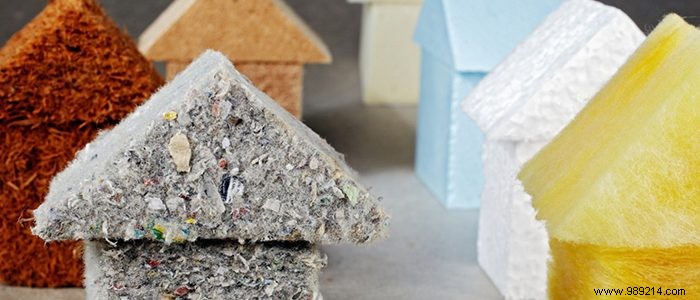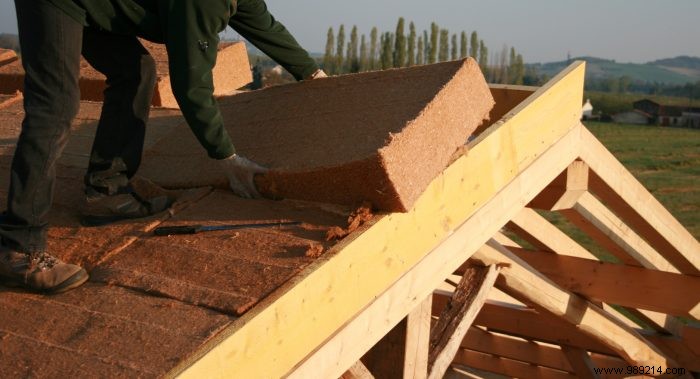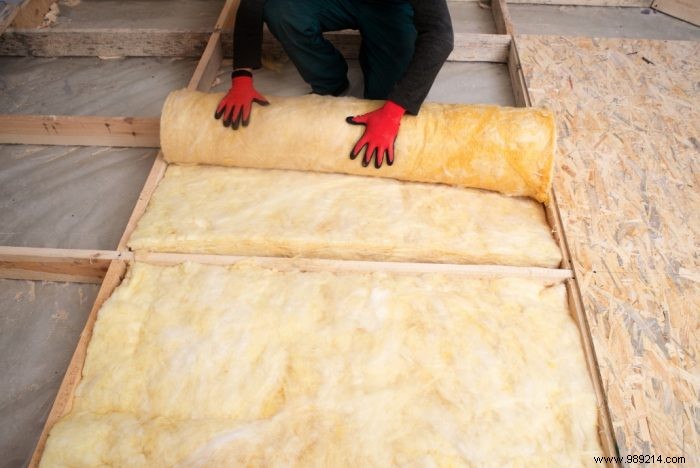
Planning an insulation project? Opt for natural, ecological materials that deliver superior comfort and energy efficiency for your home or apartment.
With various proven options on the market, discover these sustainable choices trusted by professionals for effective home insulation.
Rigid and user-friendly, wood fiber installs easily while providing outstanding thermal and acoustic insulation. It adapts seamlessly to any structure, making it ideal for walls, floors, and ceilings. Cut to fit between battens precisely. At around €40 per m², it's a smart choice for enhancing interior spaces.

Flexible and lightweight, wood wool is favored by heating experts and DIY enthusiasts alike. It's straightforward to install, with high-end versions ensuring top performance for €20-50 per m². Choose the right thickness to meet current environmental regulations.
A leading eco-insulation option, hemp wool is durable, practical, and versatile for attics, walls, and floors. Sold in rolls or panels, it's easy to handle and transport, suitable for new builds or renovations. Priced at about €18 per m².
Made from recycled paper, cellulose wadding offers a natural, eco-friendly solution. Available in bulk from specialists at €17.50 per bag. It provides excellent comfort with a thermal resistance of 0.039-0.043 W/(m.K).
With a conductivity of 0.038-0.043 W/(m.K), natural cork excels in sound and heat insulation. Brands offer it in panels or bulk to suit your needs, at around €15 per m² depending on quality.

One of the lightest and easiest-to-install interior options, sheep's wool is fully eco-friendly with a resistance of 0.035-0.042 W/(m.K). Perfect for attics, it excels at absorbing humidity. Rolls are available at €39.50 per m².
Linen fiber, used for insulation since antiquity, comes in bulk or semi-rigid panels. Experts confirm its thermal coefficient of 0.045 W/(m.K), priced at €20 per m².
Lightweight yet effective, cotton wool delivers strong performance at €4-15 per m², with conductivity of 0.037-0.040 W/(m.K). Now in panels or bulk, it's suitable beyond just lost attics.